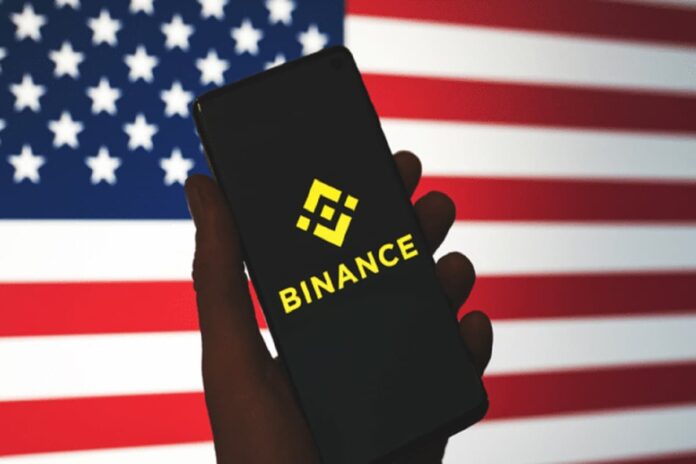According to Wall Street Journal, Binance, the main cryptocurrency change, has ceased operations with a number of sanctioned Russian banks from its peer-to-peer service. This transfer is seen as a measure to distance itself from allegations that emerged, highlighting its potential function in facilitating fund motion for Russians amidst rising international scrutiny.
Legal Troubles for Binance Over Russia
Post the onset of Russia’s offensive in Ukraine, Binance publicized a lower in its Russian endeavors, adhering to the European Union’s stringent sanction regime. However, the authenticity of this assertion has been challenged.
Data sources, notably the Wall Street Journal (WSJ) and the Russian Central Bank, current contrasting narratives. Records reveal that regardless of Binance’s announcement, there’s an everlasting ruble buying and selling footprint on its platform. Peer-to-peer trades by Russian entities averaged a month-to-month complete of $428 million over half a 12 months.
The present system in place at Binance is beneath the lens for its potential multi-layered intermediaries, which could facilitate sanctioned Russian organizations in changing their funds into Binance balances.
Read More: Binance’s Acquisition Deal With Gopax Reportedly Failed
Disturbingly, Binance’s peer-to-peer platform reportedly had listed a number of sanctioned Russian banks, together with giants like Rosbank and Tinkoff Bank, as cost choices. The U.S. Treasury Department is notably alarmed, viewing these figures as potential gateways for evading sanctions.
Despite these considerations, Binance stays staunch in its protection. A spokesperson firmly countered these allegations, underlining the change’s rigorous dedication to adhering to international sanctions and categorically denying any affiliations with Russian banks.
The offered content material could embrace the non-public opinion of the creator and is topic to market situation. Do your market analysis earlier than investing in cryptocurrencies. The creator or the publication doesn’t maintain any duty to your private monetary loss.


